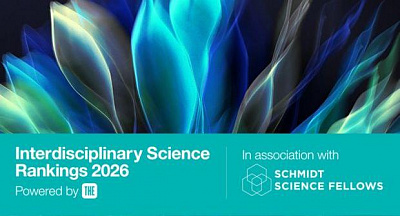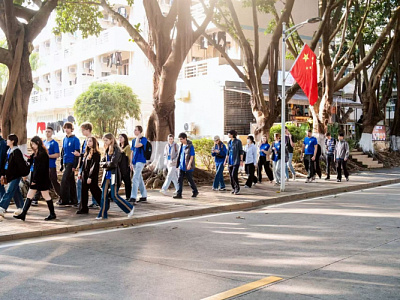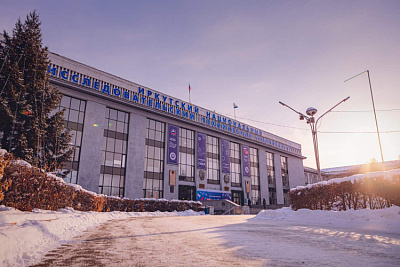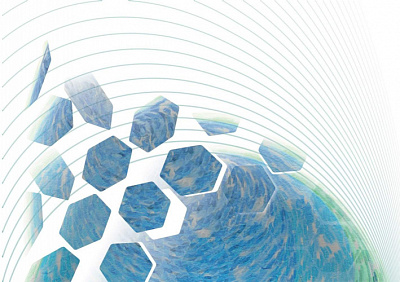"MINGEO Siberia 2025": Alexander Parshin Discusses Geosciences Career Paths for Students and International Projects
The XVIII International Mining and Geological Forum "MINGEO Siberia 2025" (https://geowebinar.com/mingeo-2025 ), a key event in the geosciences calendar. The Siberian School of Geosciences (SSG), which is implementing a technological project under INRTU’s "Priority 2030" program, was invited to participate. Alexander Parshin, the SSG's Scientific Director, presented innovative geophysical technologies for studying landslide-prone areas in India, as well as outlining compelling career paths for geology students.
Alexander Parshin moderated the “Innovative Methods, Technologies and Tools for Geological Study of the Earth” section, and authored a report on geophysical and engineering-geological works near the railroad infrastructure of the state of Assam (India). (Siberian School of Geosciences of INRTU Explores the Geology of Assam State in India)
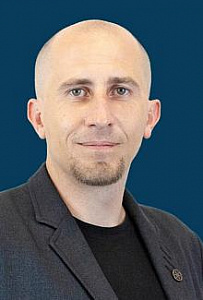
"A new combined frequency-pulse semi-aerial Unmanned Aerial Vehicle-based (UAV) electrical prospecting system was publicly unveiled. Its demonstration showed how complex projects in remote foreign countries can be quickly organized using integrated UAV technologies and mobile laboratories. Despite difficult access, detailed surveys were conducted over large areas, acquiring new substantial engineering and geological findings through multispectral surveys utilizing unmanned aerial vehicles, UAV-electromagnetic soundings, and gamma-radiometry. Extensive laboratory research also led to an optimized approach for identifying high landslide risk areas in mountainous jungle environments, stated Alexander Parshin.
"The innovation section in geological exploration highlighted two key trends in modern geological exploration technologies: unmanned electrical prospecting methods and unconventional deep geochemistry. INRTU's Siberian School of Geosciences has been developing these areas for over five years," stated Alexander Parshin.
Alexander Parshin delivered a second presentation at a meeting of the Federal Educational and Methodological Association for Applied Geology, Mining, Oil and Gas Engineering, and Geodesy. This off-site session was focused on transforming higher geological education with a new model, specifically addressing the industry's significant skills gap.
The approach implemented at INRTU is based on the idea of methodological superiority of a higher education institution over the average level of the industry. This requires constant development and implementation of new technologies as a competitive advantage, and implementation of a large volume of exploration projects. The working model is called “Knowledge through activity”.
"In 2024, the Siberian School of Geosciences expanded its fieldwork beyond Russia, though future expeditions in Chukotka, Transbaikal, Yakutia, and the Irkutsk region are planned. A joint Russian-Chinese expedition with Nanjing University will soon begin, covering a large area from Priolkhonye to Severobaikalsk. Research from last year's expedition has already resulted in two published articles and several reports, including presentations at international conferences.
An archeogeophysical project in Mongolia began in June, focusing on the non-destructive examination of Xiongnu burials. This joint project involves the National Museum of Genghis Khan, the Institute of History, Archaeology and Ethnography of the Peoples of the Far East (Far Eastern Branch of the Russian Academy of Sciences), INRTU's Siberian School of Geosciences, and the "BEST+" company, which will be filming a documentary," Alexander Parshin concluded.
